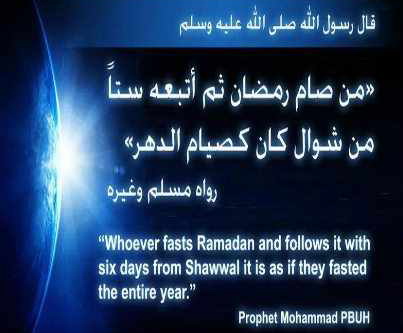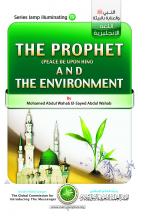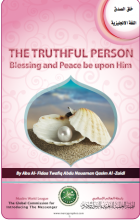The Prophet of Mercy Website
Muslim World League - Global Commission for Introducing the Messenger
Evidence of Prophethood
19.The Delegation.
In the eleventh year of Prophethood, while the Messenger of Allah (peace be upon him) was at Aqabah, he met a group of men from Madinah and called them to Islam. They were neighbours of the Jews and had heard mention of a Prophet, who was about to come. They accepted his teachings and became Muslims.
20.The Migration of the Prophet (peace be upon him) (Al-Hijrah).
After the second pledge of Aqabah, the Messenger of Allah (peace be upon him) ordered the Muslims who were with him in Makkah to leave for Madinah. He could no longer see the Muslims suffer at the hands of the Quraish.
The emigration from Makkah to Madinah was not easy. The Quraish put many obstacles to stop the Muslims from leaving Makkah. Some Muslims were forced to leave their wives and children behind, and to travel alone. Others had to leave all of their belongings and travel empty handed.
The Messenger of Allah (peace be upon him) arrived in Madinah on Friday, 12th Rabi‘ Al-Awwal 1 A.H., i.e. September 27th. 622 A.D. and took the downstairs of Abu Ayyub’s house as a temporary residence.
The Muslims were overjoyed at the arrival of the Messenger of Allah (peace be upon him). It was the best thing that had ever happened to them. Young children were seen singing beautiful songs, welcoming the Prophet (peace be upon him) to their city.
From that day on, the town of Yathrib was known as Madinat an-Nabi, or the city of the Prophet.
In Madinah, the Prophet (peace be upon him) became the Head of State. He established brotherhood between the emigrants (Muhajireen) of Makkah and the Helpers (Ansar) of Madinah. The Ansar were so happy to form a brotherhood that they were willing to divide all of their possessions and give half of it to their Muhajir brothers.
Even after the Muslims left Makkah, the Quraish continued their hostility. Finally, once the Muslims were strong, Allah gave them permission to defend themselves and their religion.
In the month of Ramadhan, the 2nd year after the Hijrah, the Muslims fought the Quraish of Makkah at Badr. The Muslims were only 313 in number, whilst the Quraish army numbered more than a thousand and were fully prepared.
In Dhu’l-Qa’dah, the sixth year after Hijrah, the Muslims left for Makkah with the intention of making the lesser pilgrimage (Umrah). The Muslims had come dressed as pilgrims signifying that they had come in peace. Yet, the Quraish refused the Muslims from entering Makkah.
The Prophet (peace be upon him) took advantage of this period of peace with the Quraish and sent letters to various rulers, including the emperors of the two super-powers of the time, Persia and Byzantium, inviting them to Islam.
When Heraclius, the Byzantine emperor, received the letter, he sent his men to find out all they can about the Prophet (peace be upon him). Abu Sufyan happened to be in Palestine on a business trip and was presented to the King.
Heraclius asked several questions to Abu Sufyan and after listening to his answers, remarked:
As expected, the Quraish repeatedly broke the terms of the Hudaibiyyah Treaty and continued killing innocent men and women. Therefore, on the morning of Friday, the 20th of Ramadhan, 8 A.H. the Prophet (peace be upon him) entered Makkah and captured the city with hardly a single drop of blood being shed. The Prophet (peace be upon him) forgave all those who had up to then, been bitter enemies of Islam and declared a general amnesty.
On the 4th of Dhul’Hajj, the tenth year of after Hijrah, the Prophet (peace be upon him) entered Makkah for the final time to perform Hajj, with 144,000 Muslim men and women. The Prophet (peace be upon him) realized that his mission was coming to an end and that it was necessary to bid farewell to his loving companions.
The Prophet (peace be upon him) during this occasion gave a historic sermon in which he explained the principles of Islam. He said:
The Prophet (peace be upon him) had now completed his work on Earth and fulfilled his responsibility. The time had come for him to meet his Lord. On Monday the 12th of Rabi al-Awwal, at the age of 63, Allah the Almighty, reclaimed the soul of his beloved Messenger (peace be upon him). The Prophet (peace be upon him) passed away in his home, with his family close by him. He (peace be upon him) was buried in the city of Madinah.






